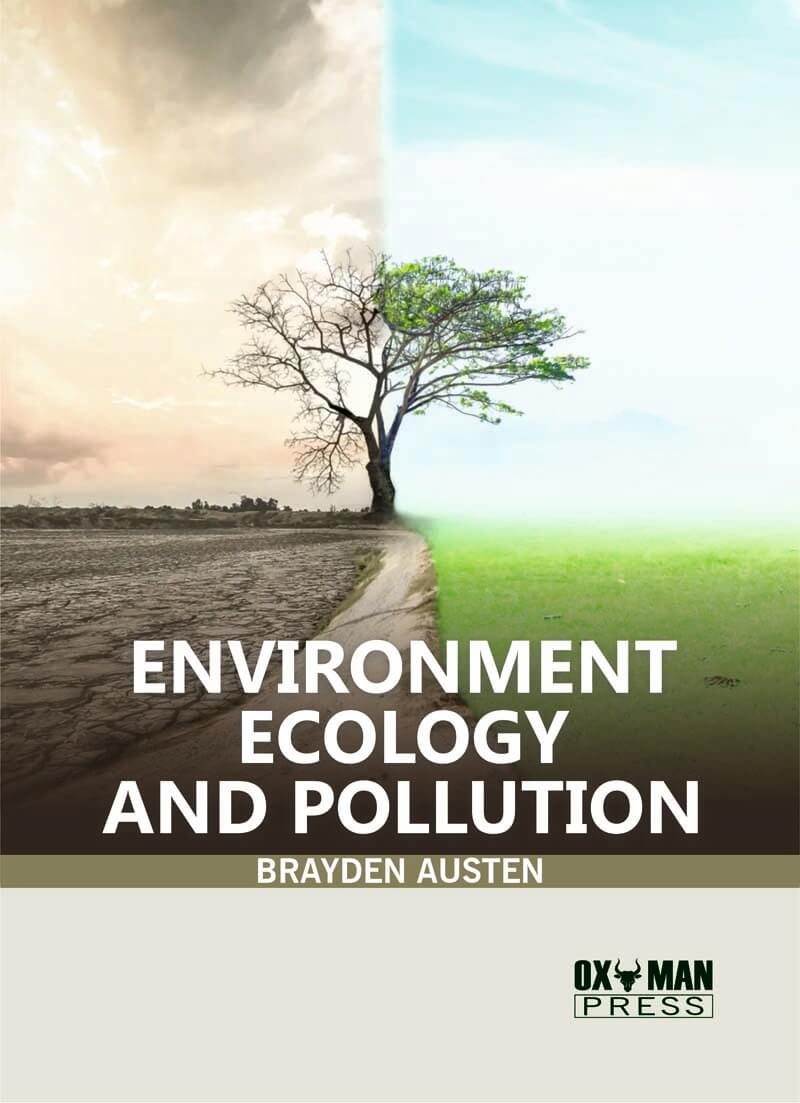Environment, ecology, and pollution
| ISBN | 9781778806540 |
|---|---|
| Author | Brayden Austen |
| Publisher | OXMAN PRESS |
| Publication Year | 2023 |
| Category | Environmental Science |
| Price | $191.00 |
Brayden Austen is an Environmental health Centenary Professor. He was previously appointed for his contributions to environmental research. Environment and human health are the areas of study that Brayden is most interested in. His primary area of expertise is air pollution, from emissions to exposure and impacts on human health as a result of atmospheric chemical and physical changes. A large portion of this research aims to aid in the formulation of policy. He has written extensively in the area of environment and pollution and is a co-editor of the International Journal of Biosciences. Ella Gel has a bachelor's degree, a master's degree in city and regional planning, a doctorate in civil and environmental engineering, and a master's degree in environmental health sciences. The first two editions of Air, Industrial, and Water Pollution were written by her. She was also a Chartered Scientist and Chartered Environmentalist, working on sustainable development and managing urban air pollution-related concerns. Her research has improved the state-of-the-art in environmental impact assessments, models of potential exposures to chemicals in consumer products, and measurements of air, industrial, and water pollution. Ella Gel is the Director of the National Health & Environmental Effects Laboratory in Research's Human Studies Division.
